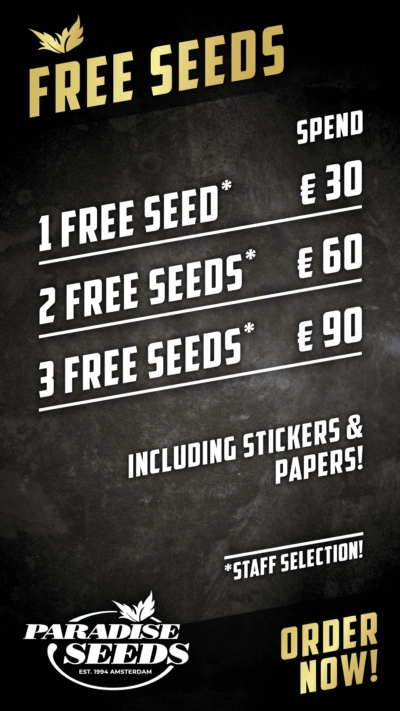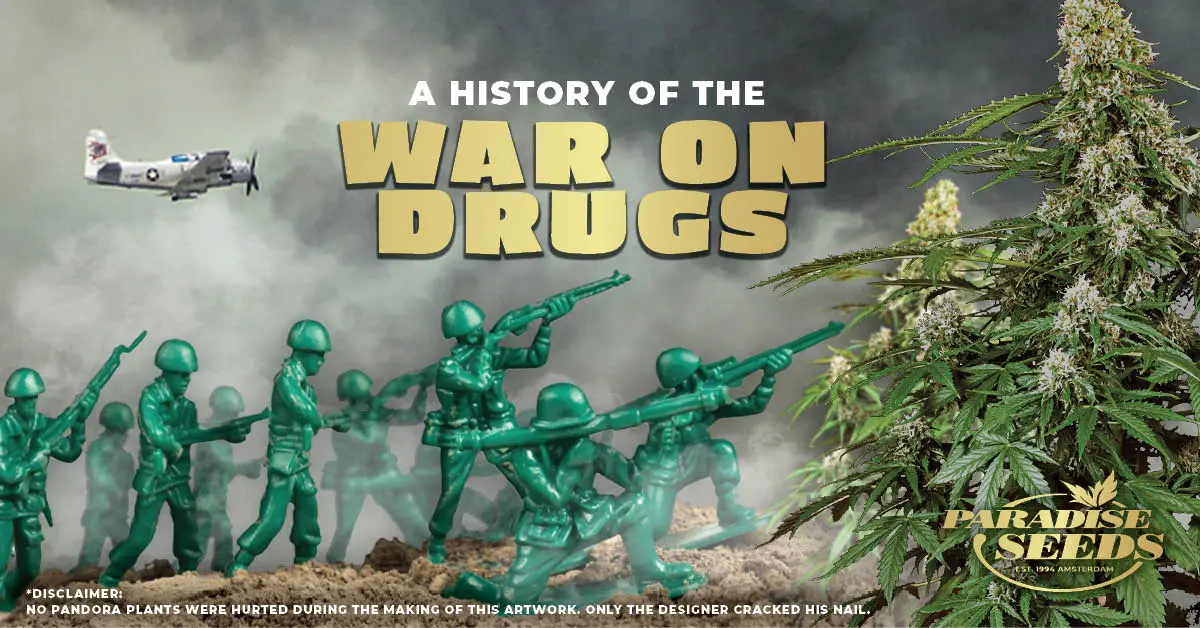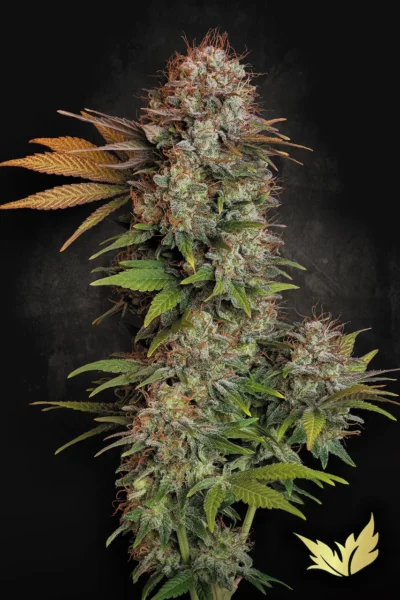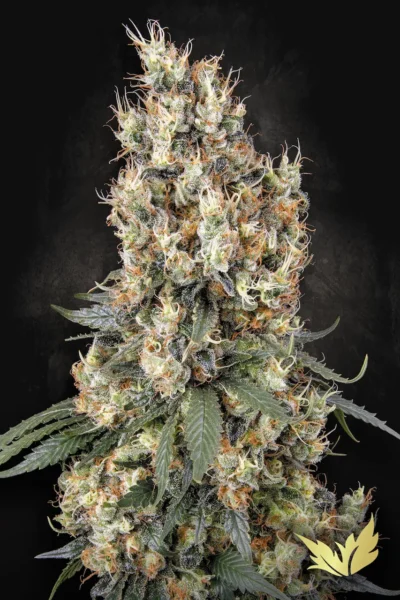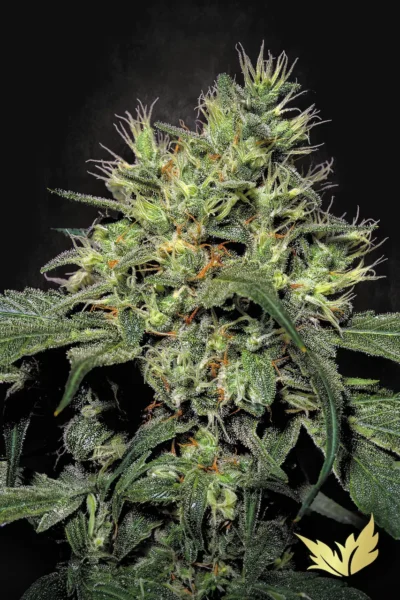The War on Drugs was a government policy initiated by the administration of US president Richard Nixon in 1971.
Is the War on Drugs over?
This domestic policy had a significant influence on attitudes towards cannabis for almost 40 years not just in the USA but around the world. While there was no official end to the war on drugs, the Obama presidency (2009 – 2017) saw the popularity of the policy decline. So why did this happen?
A History of the War on Drugs: The Nixon Era
Before we answer that question, let’s take a brief look at the history of the War on Drugs (WOD) and the way it impacted on cannabis, but also the devastating effect it had on US society.
Today, around the world, populations are more cynical in regards to metaphors and slogans used by politicians to frame the narrative – from the War on Terror to the (less defined) war on covid – but in the 1970s such strong messaging was very effective.
President Richard Nixon launched his War on Drugs campaign in 1971 by announcing to the American public that drugs were public enemy number one and the media quickly picked up on the phrase. The policy saw massive investment in prevention measures and penalties including incarceration for offenders.
While it is easy to connect the dots between the Nixon policy and the UN Single Convention on Narcotic Drugs of 1961 (which got an amendment in 1972), there have always been suggestions that there were more ominous forces behind the policy.
In 1994, one of Nixon’s top aides at the time, John Ehrlichman, revealed in an interview, “The Nixon campaign in 1968, and the Nixon White House after that, had two enemies: the anti-war left, and black people. You understand what I’m saying?
We knew we couldn’t make it illegal to be either against the war or black, but by getting the public to associate the hippies with marijuana and blacks with heroin, and then criminalizing both heavily, we could disrupt those communities.”
There was certainly little differentiation between ‘soft’ drugs like marijuana and ‘hard’ drug like heroin (unlike the different approach adopted in the Netherlands during the 1970s with its cannabis policy) and the Drug Enforcement Administration (DEA) that was established in 1973, aggressively enforced the anti-drugs campaign at home and abroad.
-
🏆 Sale!
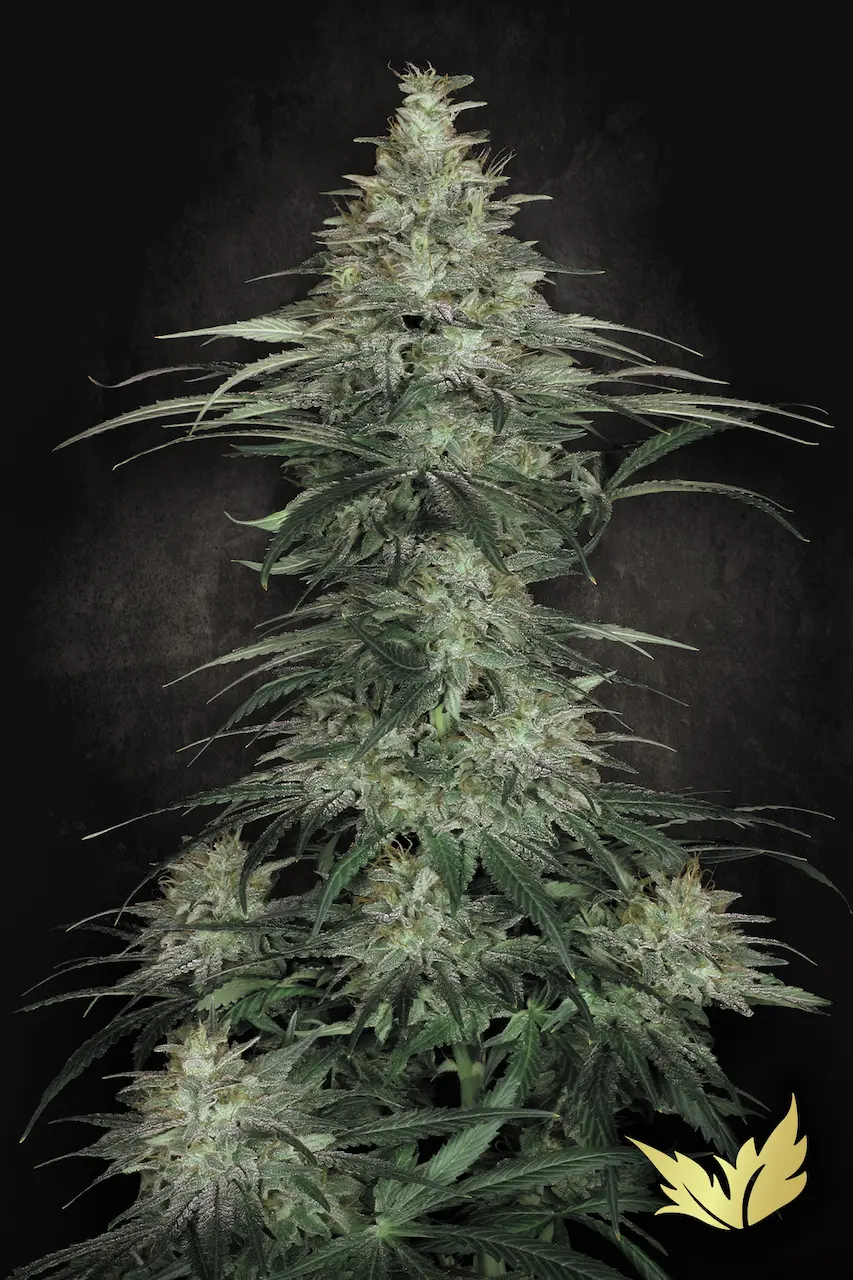
€39.50 – €108.00
€29.63 – €81.00 Select options This product has multiple variants. The options may be chosen on the product page -
€35.50 – €96.50 Select options This product has multiple variants. The options may be chosen on the product page
-
€29.50 – €79.00 Select options This product has multiple variants. The options may be chosen on the product page
-
€22.50 – €59.50 Select options This product has multiple variants. The options may be chosen on the product page
War on Drugs: The Reagan Era
By the time former Hollywood actor, Ronald Reagan, became president, the WOD policy was enshrined in Republican doctrine, but the new president took the war on drugs to a whole new level.
His presidency coincided with a crack epidemic on the streets of America, but in the media circus that followed (characterized by the Just Say No campaign) marijuana consumers were also targeted on mass.
Between 1980 and 1997, the number of people imprisoned for non-violent drugs offenses in the US rose from 50,000 to 400,000, with a disproportionate percentage of African Americans imprisoned.
It was during this time that many US based marijuana breeders fled the USA and its draconian anti cannabis policy and found sanctuary in the Netherlands and in the process kick started an inter-continental revolution in cannabis breeding which laid the foundations for the modern day cannabis seed industry.
With the arrival of Bill Clinton in the White House in 1994, the use of ‘war’ imagery in relation to the drug debate began to be played down.
The Democrat president famously claimed that he had tried marijuana but ‘didn’t inhale’! It was also around this time that cannabis activists in California found success in pushing for marijuana laws to be relaxed, resulting in Proposition 215 (the Compassionate Use Act).
The arrival of George W Bush in 2001 coincided with the Twin Towers and the language of war was re-purposed for a new enemy – The War on Terror.
War on Drugs: Twenty First Century Dial Back
It was the arrival of another Democrat in power in 2009 which saw policy and attitudes towards cannabis really change in the USA.
When asked if he had used marijuana, Barack Obama replied, “When I was a kid inhaled… that was the point!” (a reference to Bill Clinton’s much mocked comment the decade before).
Obama re-shaped the ‘war’ narrative by shifting the narrative to one of public health, and significantly chose a policy of looking the other way as states began to legalize cannabis, even though it still remained (and remains) illegal at Federal level.
President Trump also continued this approach to cannabis when he took power. By the end of Barack Obama’s term in office in January 2017, votes in support of recreational cannabis had been passed in 10 US states including Colorado, California and Oregon.
Is the War on Drugs over?
Wherever substance abuse causes destruction and heartache there is an issue that society needs to deal with. However, the WOD days of thinking the problem could somehow be nuked off the map have been replaced by a more pragmatic approach, certainly in North America.
There is some irony in the fact that the country that fuelled cannabis prohibition around the world, by virtue of its geo-strategic dominance, has been shaping the new cannabis economy in the Twenty First century.
Unfortunately for the cannabis plant and its consumers, the rest of the world has been slow to follow in the footsteps of the originator of the war on drugs …

